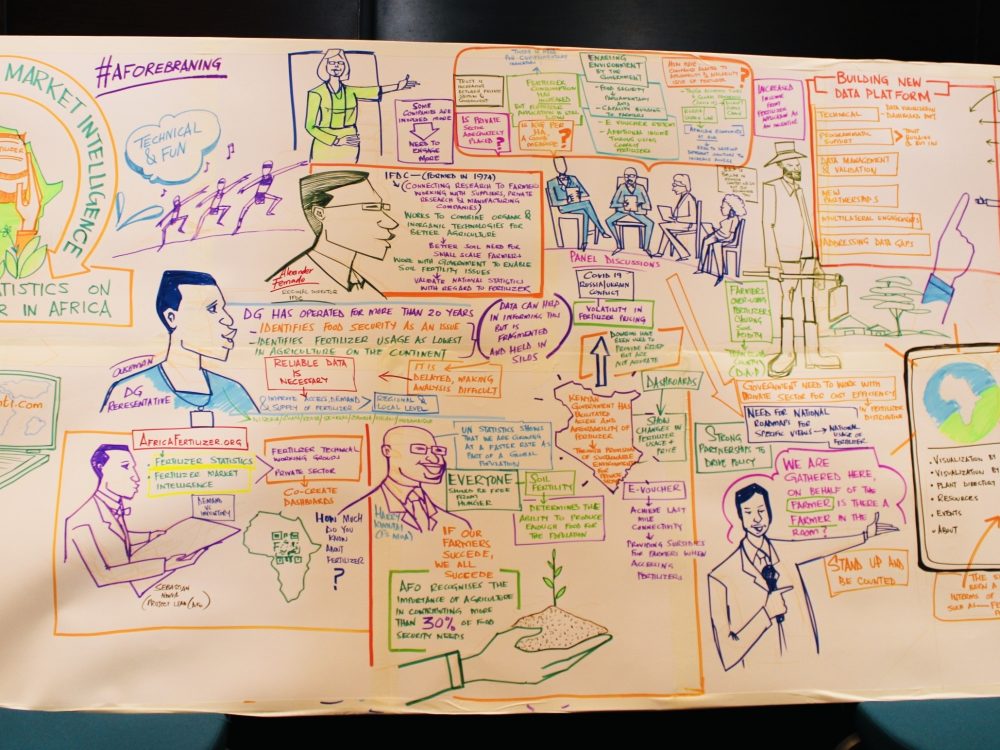Cape Town Joins the Movement
On 25 September, the city of Cape Town explicitly recognized the importance of making city government data accessible to the public with the approval of an Open Data Policy. The policy lays out a plan to make data centrally accessible through the development of an open data portal – with the goal of increasing transparency and empowering citizens to hold the government accountable.
While initiatives on open data in Africa have been primarily focused at the country level, cities around the world have taken steps to open their data to the public. According to the Sunlight Foundation, there are at least 33 American cities with open data policies, and a project by researchers who are part of the Open Data Research Network recently examined the opening of government data in cities in Latin America. While Cape Town is leading the way for cities in Africa, dozens of cities around the world already utilize open data portals, including Chicago, London, and Toronto, among many others that can be found at Data Catalogs.
Improving access to information is critical to enabling evidence-based decision making, especially in developing countries where it can be challenging to access data. And while opening data at the country level is important, many cities in Africa are growing in size, and understanding them and their data is increasingly necessary to effectively address development challenges. Cities collect unique data – on infrastructure development, environmental zoning, voting, etc. Making this data accessible could be beneficial to NGOs seeking solutions to environmental and health challenges, private sector firms trying to understand the investment landscape, or citizens who want to know how their city is spending resources.
While some criticisms have been raised on whether Cape Town’s policy goes far enough and whether the regulations it imposes are too strict, it is an important first step in the move toward transparency. Cape Town has often led the way in other policy arenas – it was the first city in Africa to develop an Energy and Climate Change Strategy – and there could be an opportunity here for other African cities to monitor and learn from the city’s implementation of the policy.
As with any open data initiatives, it will be critical that the city raises awareness about the portal, effectively monitors data quality, and encourages use of the data. As IBM’s Chief Information Strategist recently pointed out, “Lots of cities are publishing open data in vast online catalogs that remain under-utilized.” At the least, this could be an impetus for increased conversations on the opening of city government data across the continent.
Image credit: www.htxt.co.za
This piece was slightly modified from its original publication on AidData’s The First Tranche.
Share This Post
Related from our library

Building a Sustainable Cashew Sector in West Africa Through Data and Collaboration
Cashew-IN project came to an end in August 2024 after four years of working with government agencies, producers, traders, processors, and development partners in the five implementing countries to co-create an online tool aimed to inform, support, promote, and strengthen Africa’s cashew industry. This blog outlines some of the key project highlights, including some of the challenges we faced, lessons learned, success stories, and identified opportunities for a more competitive cashew sector in West Africa.

Digital Transformation for Public Value: Development Gateway’s Insights from Agriculture & Open Contracting
In today’s fast-evolving world, governments and public organizations are under more pressure than ever before to deliver efficient, transparent services that align with public expectations. In this blog, we delve into the key concepts behind digital transformation and how it can enhance public value by promoting transparency, informing policy, and supporting evidence-based decision-making.

From Data Gaps to Impact: Key Insights from the VIFAA Program
Over the last six years, DG, together with its partners AfricaFertilizer (AFO) and Wallace & Associates, collaborated to implement the Visualizing Insights on Fertilizer for African Agriculture (VIFAA) Program. In the program’s final year (2024), the team undertook a “program learning process” to reflect on outcomes, challenges, and successes through internal interviews. This blog captures five key learnings, which we hope will guide similar programs aiming to bridge data gaps in agricultural development.